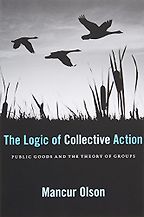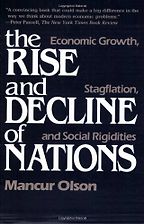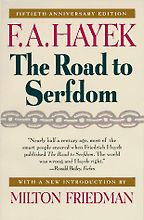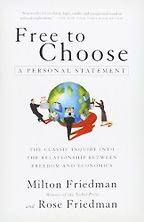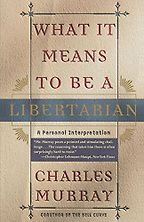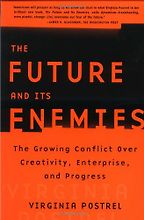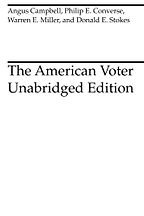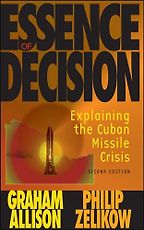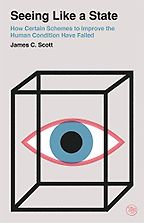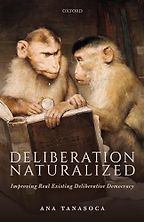Books by Mancur Olson
“This one is an exercise in political economy. Indeed, Olson himself was an economist, but a heterodox one…Olson’s book is about collective action. He is interested in things like trade unions, where collective action is absolutely central. It starts from premises about rational self-interest and factual premises about the structure of payoffs and incentive structures, and from that, it derives an explanation of why it’s so hard to mount successful collective action, and why it’s harder for some groups than others.” Read more...
The Best Political Science Books
Robert E. Goodin, Political Scientist
“Olson has got a little bit of a pessimistic view. He makes it sound almost inevitable that free societies will become encrusted with these interest groups that form. It’s not sufficiently in anybody’s interest to oppose them, and because the cost they impose or diffuse over everybody, you need some sort of calamity to wipe them away if you really want growth to happen, if you really want the upward mobility of less fortunate individuals, which I think should be our highest priority. It’s a very scholarly work but it leads one to ask – since we’d rather not have a war or an earthquake or an epidemic that wipes out these structures – what allows the green shoots of economic growth and mobility to happen again, what can be done to if not eliminate, at least minimise, the stultifying effects?” Read more...
The best books on How Libertarians Can Govern
Mitch Daniels, Politician
Interviews where books by Mancur Olson were recommended
The best books on How Libertarians Can Govern, recommended by Mitch Daniels
The Governor of Indiana promotes a new philosophy of libertarianism and selects the books that have influenced him most.
-

1
The American Voter
by Angus Campbell et al. -

2
The Logic of Collective Action: Public Goods and the Theory of Groups
by Mancur Olson -

3
Essence of Decision: Explaining the Cuban Missile Crisis
by Graham Allison & Philip Zelikow -

4
Seeing like a State: How Certain Schemes to Improve the Human Condition Have Failed
by James C Scott -

5
Deliberation Naturalized: Improving Real Existing Deliberative Democracy
by Ana Tanasoca
The Best Political Science Books, recommended by Robert E. Goodin
The Best Political Science Books, recommended by Robert E. Goodin
Emerging in the middle of the last century, political science combines data and theory to help us understand the political world. Professor Robert E. Goodin, editor of The Oxford Handbook of Political Science and co-editor of The British Journal of Political Science, introduces five seminal works from major sub-disciplines. His choices are accessible starting points that open up new ways of thinking: from big data to deep case studies, these are five books that will help you to make sense of the world – and to change it.
